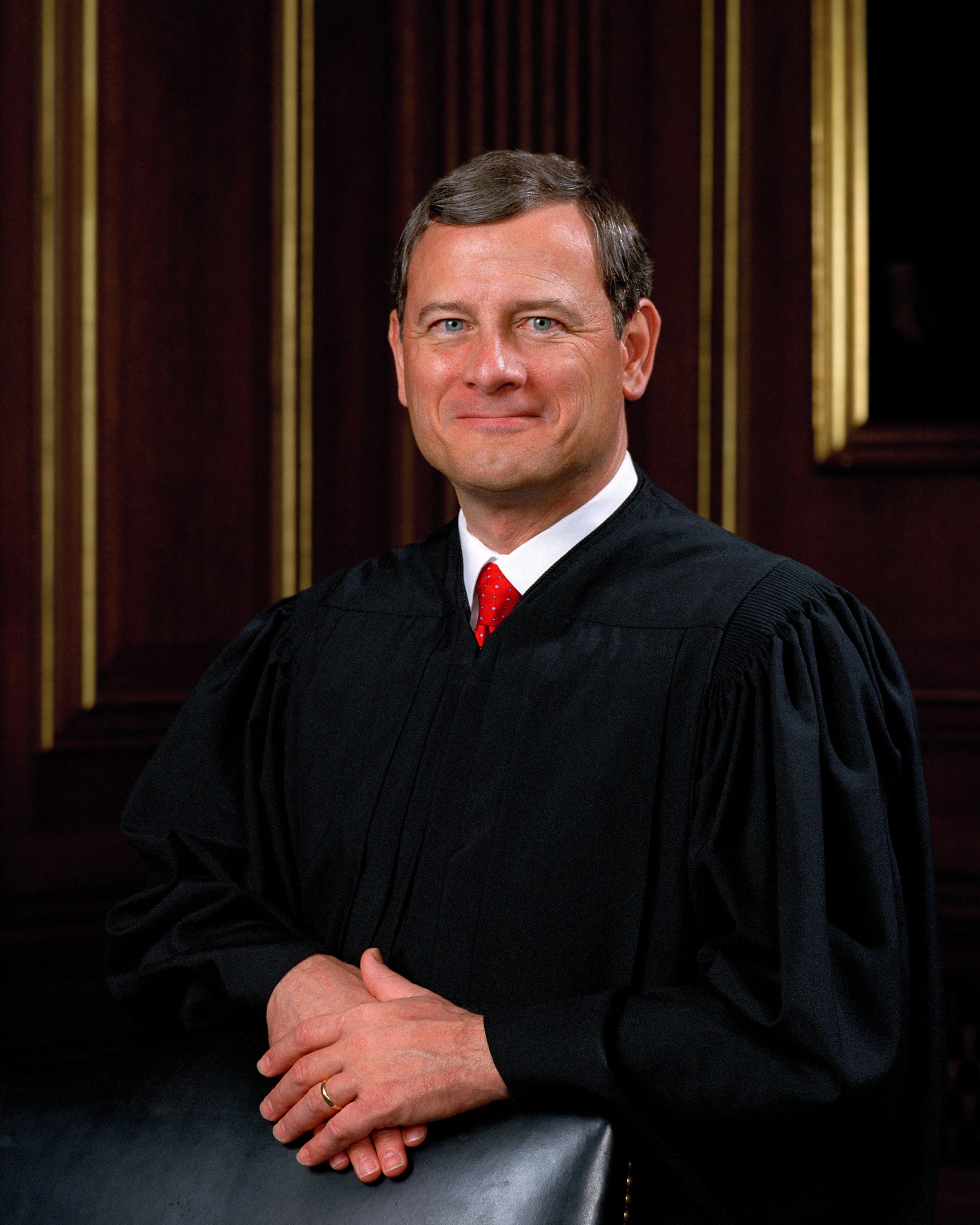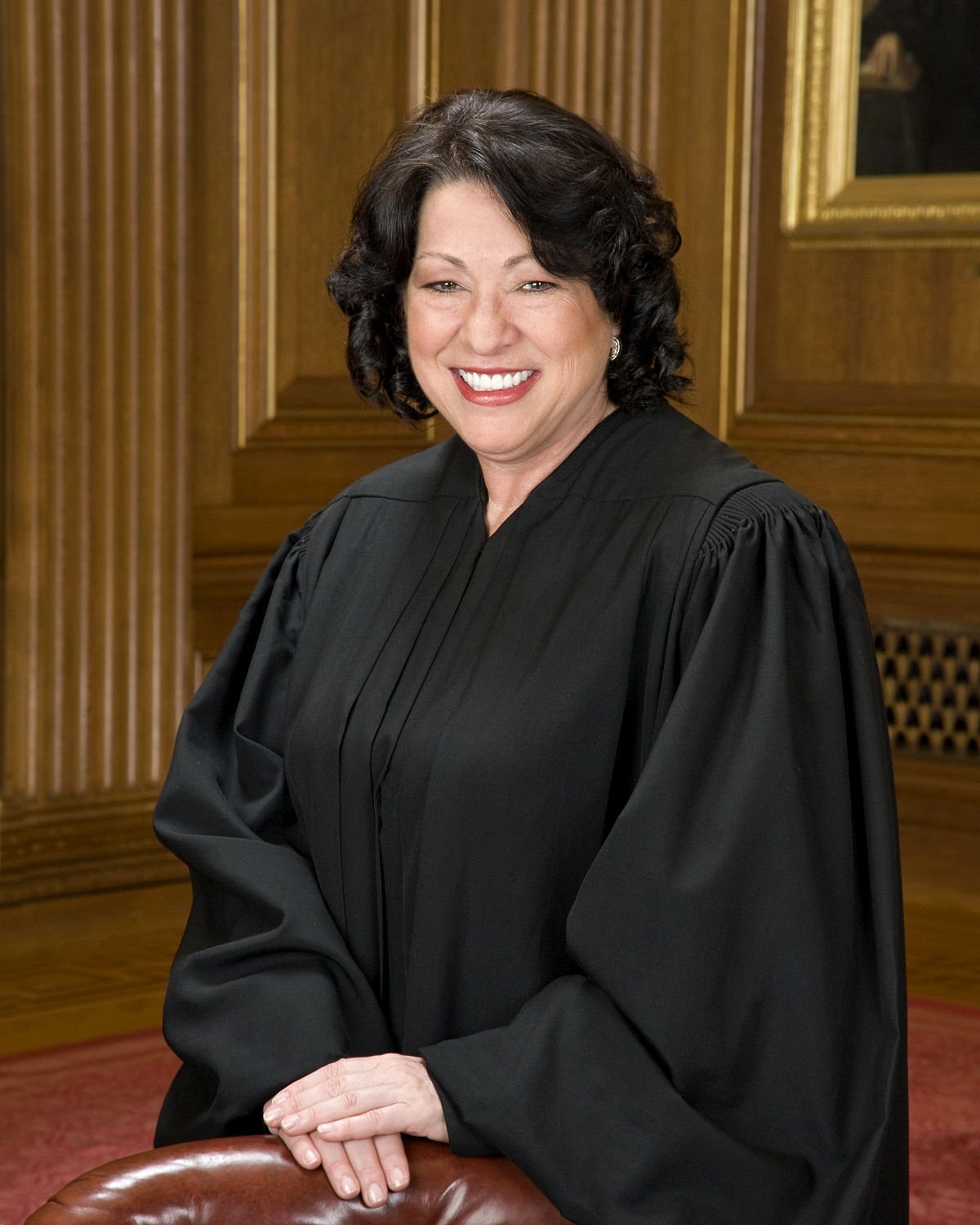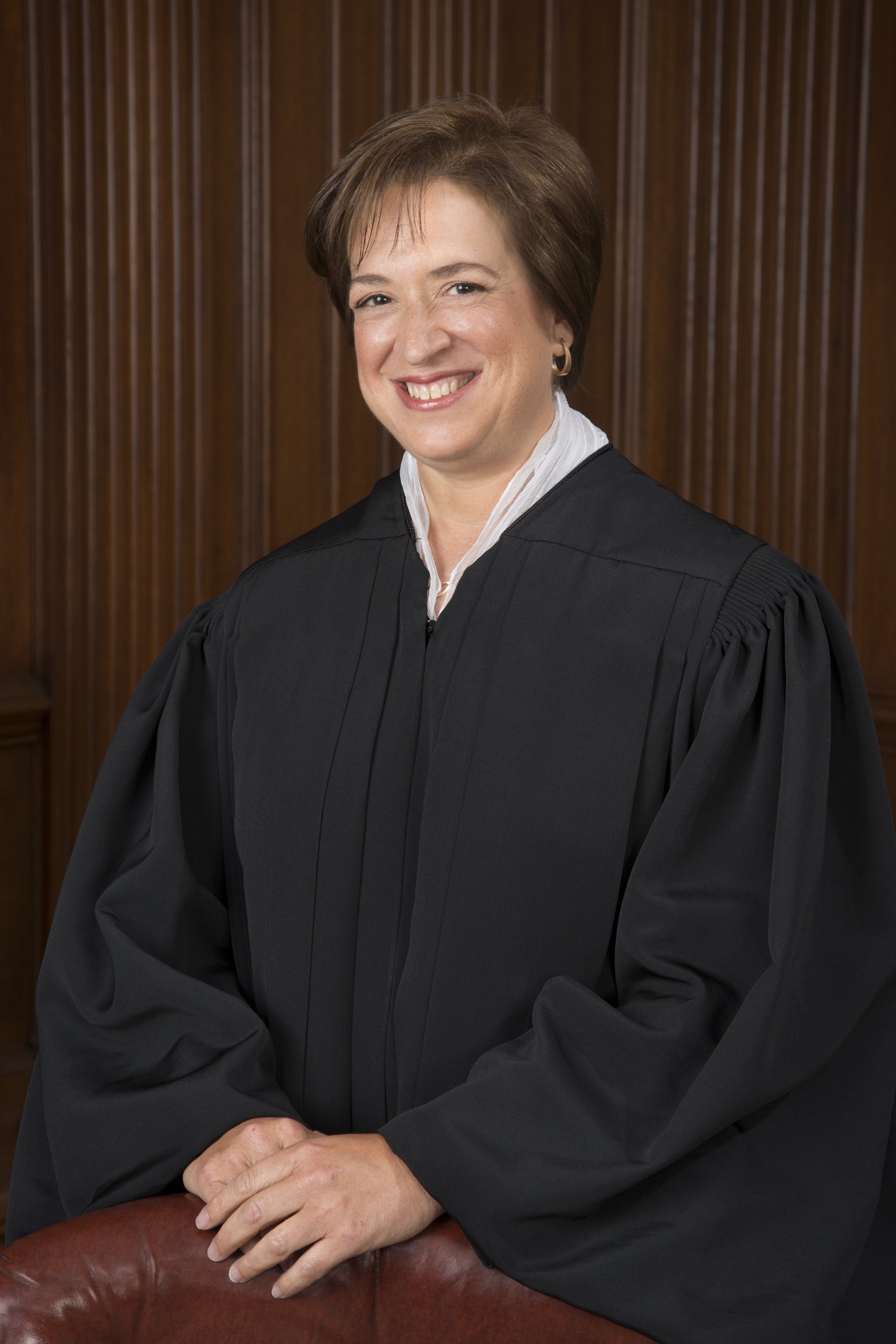United States v. Alvarez
Case Overview
CITATION
567 U.S. 709 (2012)
ARGUED ON
February 22, 2012
DECIDED ON
June 28, 2012
DECIDED BY
Legal Issue
Did the Stolen Valor Act of 2005 violate the Free Speech Clause of the First Amendment?
Holding
Yes, the Stolen Valor Act of 2005 violated the Free Speech Clause of the First Amendment.
Xavier Alvarez at a local water board meeting in 2008 | Credit: Inland Valley Daily Bulletin/Zuma Press
Background
In response to concern over fraudulent claims concerning military honors, President George W. Bush signed the Stolen Valor Act of 2005 into law. The Act stated the following:
Whoever falsely represents himself or herself, verbally or in writing, to have been awarded any decoration or medal authorized by Congress for the Armed Forces of the United States, any of the service medals or badges awarded to the members of such forces, the ribbon, button, or rosette of any such badge, decoration, or medal, or any colorable imitation of such item shall be fined under this title, imprisoned not more than six months, or both.
The Act also included a penalty enhancement for certain medals, including the Medal of Honor. Anyone found lying about receiving a medal on this list would face a year in prison. In July of 2007, Xavier Alvarez was invited to give a speech on his background at a Three Valley Water District Board Meeting in Walnut, California. In his speech, Alvarez stated “‘I’m a retired marine of 25 years. I retired in the year 2001. Back in 1987, I was awarded the Congressional Medal of Honor. I got wounded many times by the same guy.” In September, Alvarez was charged with two counts of falsely representing that he had been awarded the Congressional Medal of Honor in violation the Stolen Valor Act of 2005.
After being charged, Alvarez filed a motion to dismiss the charges against him on the grounds that his right to free speech was being infringed upon, but the District Court denied his motion. Alvarez pleaded guilty to the charges, but he ultimately appealed his conviction to the U.S. Court of Appeals for the Ninth Circuit. The Ninth Circuit reversed the lower court’s decision, and the U.S. government subsequently appealed to the Supreme Court.
Summary
6 - 3 decision for Alvarez
Alvarez
United States
Roberts
Thomas
Kennedy
Kagan
Alito
Ginsburg
Scalia
Sotomayor
Breyer
Plurality Opinion by Justice Kennedy
Justice Anthony Kennedy, joined by Chief Justice Roberts, Justice Ginsburg, and Justice Sotomayor, held that “the sweeping, quite unprecedented reach of the statute [Stolen Valor Act of 2005] puts it in conflict with the First Amendment.” Kennedy noted that the Court had never encountered an Act that targets speech only on its falsity and that they have “never endorsed the categorical rule the Government advances: that false statements receive no First Amendment protection.” By doing so, the government was trying to establish false statements as a new, unprotected category of speech.
Kennedy responded to the government’s argument that other instances of unprotected speech, such as Chaplinsky v. New Hampshire (fighting words), Brandenburg v. Ohio (imminent lawless action), and New York Times Co. v. Sullivan (defamation), are similar the restriction placed on speech by the Stolen Valor Act. Kennedy explained unlike the Stolen Valor Act, “[t]hese categories have a historical foundation in the Court’s free speech tradition. The vast realm of free speech and thought always protected in our tradition can still thrive, and even be furthered, by adherence to those categories and rules.” Essentially, Kennedy argued that since there is no historical tradition of punishing false claims of ownership to a military award, there is no justification for it. Kennedy wrote that this idea “comports with the common understanding that some false statements are inevitable if there is to be an open and vigorous expression of views in public and private conversation, expression the First Amendment seeks to guarantee.”
The government also argued that their interest in protecting the integrity and prestige of military honors justified the restrictions on speech put in place by the act. However, Kennedy refuted this argument and explained that there must be a “direct causal link” between the restriction on speech and the injury to be prevented. Having found no such link between the restriction and the government’s stated goal, Kennedy explained that the more effective way to address this problem is to let the community address it with counter-speech. He wrote, “It is a fair assumption that any true holders of the Medal who had heard of Alvarez’s false claims would have been fully vindicated by the community’s expression of outrage. . . The American people do not need the assistance of a government prosecution to express their high regard for the special place that military heroes hold in our tradition. Only a weak society needs government protection or intervention before it pursues its resolve to preserve the truth. Truth needs neither handcuffs nor a badge for its vindication.”
Kennedy warned that the Stolen Valor Act was a content-based restriction on speech and of the dangers of its wide scope, writing “[w]ere the Court to hold that the interest in truthful discourse alone is sufficient to sustain a ban on speech, absent any evidence that the speech was used to gain a material advantage, it would give government a broad censorial power unprecedented in this Court’s cases or in our constitutional tradition. The mere potential for the exercise of that power casts a chill, a chill the First Amendment cannot permit if free speech, thought, and discourse are to remain a foundation of our freedom.” Kennedy concluded that the government had alternatives available to it that were far less restrictive but would still allow them to achieve their goal and ultimately found the Stolen Valor Act to be unconstitutional under the First Amendment.
“Permitting the government to decree this speech to be a criminal offense, whether shouted from the rooftops or made in a barely audible whisper, would endorse government authority to compile a list of subjects about which false statements are punishable. That governmental power has no clear limiting principle. Our constitutional tradition stands against the idea that we need Oceania’s Ministry of Truth.”
— Justice Anthony Kennedy
Concurring Opinion by Justice Breyer
Justice Stephen Breyer, joined by Justice Kagan in his concurrence, employs an intermediate scrutiny review of the Stolen Valor Act. Breyer explained that he used the less stringent intermediate scrutiny instead of strict scrutiny because “the dangers of suppressing valuable ideas are lower where, as here, the regulations concern false statements about easily verifiable facts that do not concern such subject matter.” Under this standard, the Court considers the following:
The seriousness of the speech-related harm caused by the provision.
The nature and importance of the government’s objective.
he extent that the provision will achieve the government’s objective.
Whether there are less restrictive options available
While Breyer gave more weight to the government’s interest in defending military honors than the plurality’s opinion did, Breyer ultimately agreed with them that the effects of the Stolen Valor Act could be chilling on free speech. He wrote, “the pervasiveness of false statements. . . provides a weapon to a government broadly empowered to prosecute falsity without more. And those who are unpopular may fear that the government will use that weapon selectively, say, by prosecuting a pacifist who supports his cause by (falsely) claiming to have been a war hero, while ignoring members of other political groups who might make similar false claims.” After pointing to several alternative methods for the government to use to achieve their goal, Breyer concluded that the Stolen Valor Act was unconstitutional under the First Amendment.
Dissenting Opinion by Justice Alito
In his dissenting opinion, Justice Samuel Alito defended the constitutionality of the Stolen Valor Act, arguing that it was narrowly tailored enough to only target the false speech deemed harmful to the honor and dignity of the armed forced. He explained that the act is strictly viewpoint neutral and rooted in historical tradition, pointing to George Washington’s warning that “anyone with the ‘insolence to assume’ a badge that had not actually been earned would be ‘severely punished.’”
Alito asserted that the government has a legitimate and tangible interest achieved by the act in protecting military families from substantial emotional harm and preventing fraud at the Department of Veterans Affairs. He explained that simple “counter speech” is not enough to remedy the damage inflicted by the false statements the Court is dealing with, writing “[s]urely it was reasonable for Congress to conclude that the goal of preserving the integrity of our country’s top military honors is at least as worthy as that of protecting the prestige associated with fancy watches and designer handbags.”
Alito also wrote that “[t]ime and again, this Court has recognized that as a general matter false factual statements possess no intrinsic First Amendment value.” He argued that since the statements targeted by the narrow scope of the act are only ones that are false, it is not offensive to the First Amendment. In response to fears that the scope of the act is too broad and may give legislatures permission to extend their regulations on speech, Alito explained, “[t]he objection to this hypothetical law would be the same as the objection to a law making it a crime to eat potato chips during the graduation ceremony at which the high school valedictorian is recognized. The safeguard against such laws is democracy, not the First Amendment. Not every foolish law is unconstitutional.”









